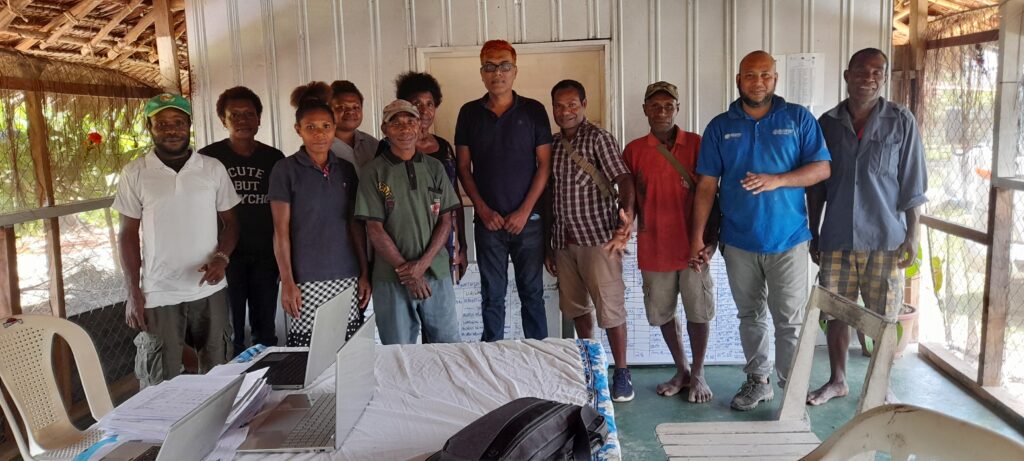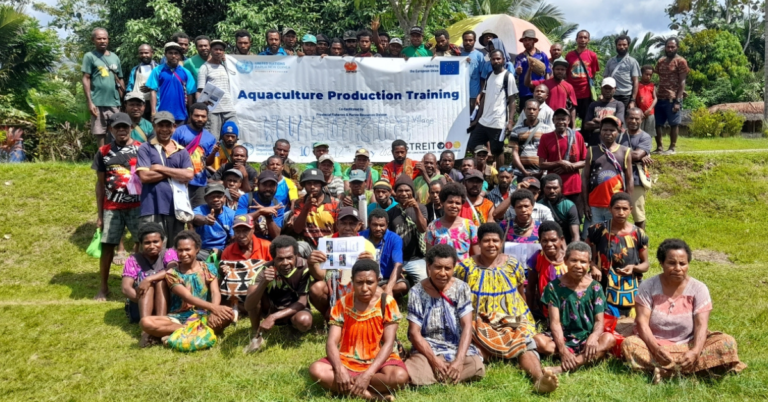An initiative desired to increase access to nutrient-rich fish protein and improve diets of approximately 856 rural residents has gained positive response in West Sepik Province.
As part of the EU-funded STREIT PNG Programme, the Food and Agriculture Organization of the United Nations (FAO) launched this program to support inland fish farming in the Vanimo-Green District,
FAO supplied 12,900 high-quality Tilapia fingerlings to 107 households in Yako, Pewi Conner, Hogru, and Biaka villages located along Vanimo west Coast.
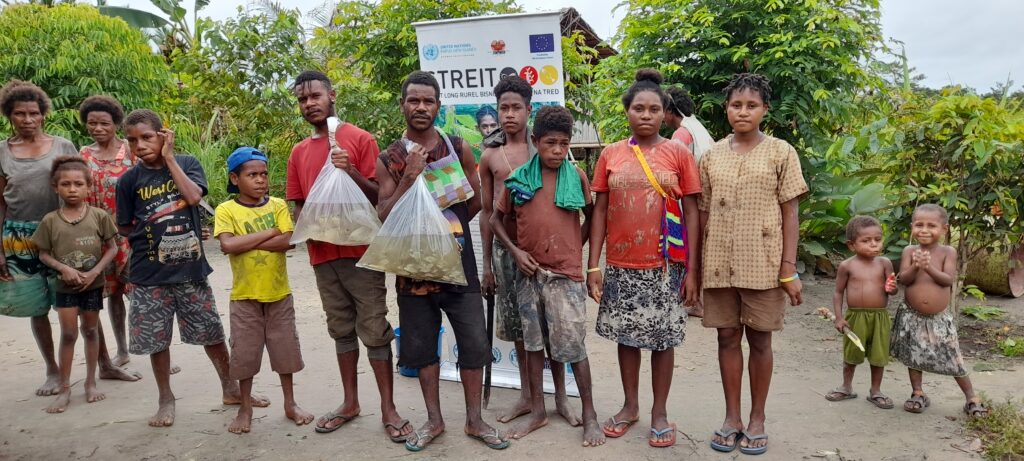
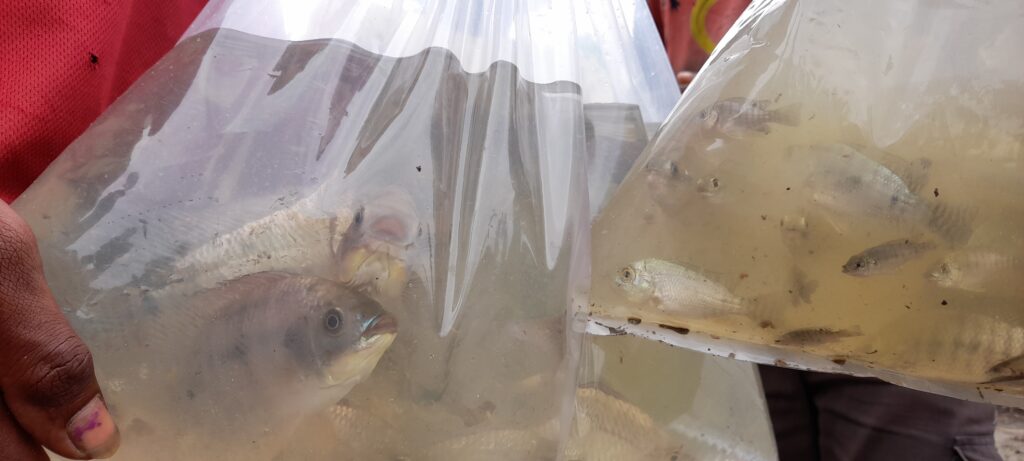
These beneficiaries are owners of more than 200 fish ponds and six fish nurseries. As part of the EU-STREIT PNG Programme, these farmers have received training in aquaculture production techniques, including Tilapia biology and lifecycle, fingerling stocking, fish feed production using local ingredients, pond construction and management, and financial record-keeping, among other skills.
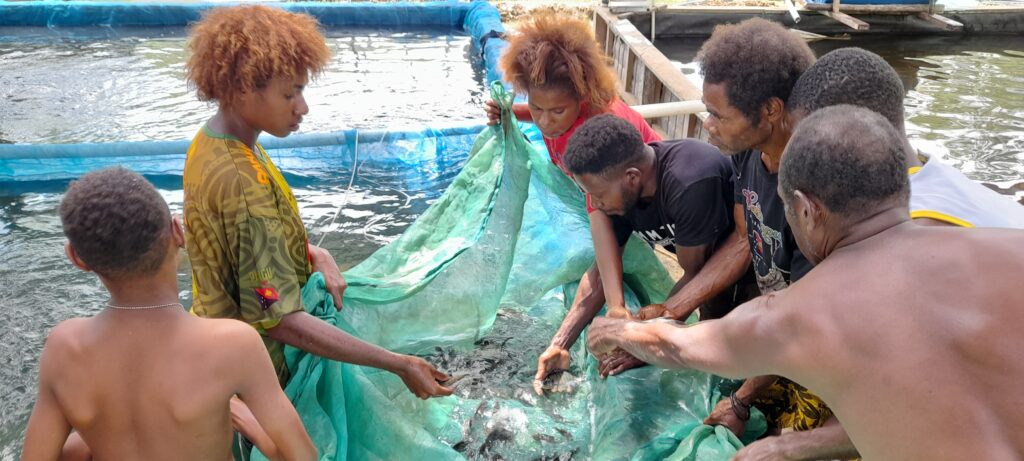
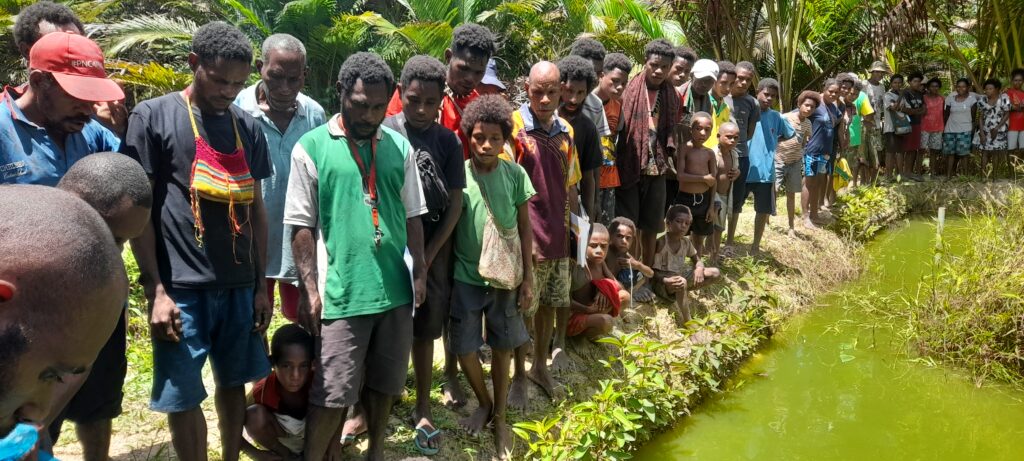
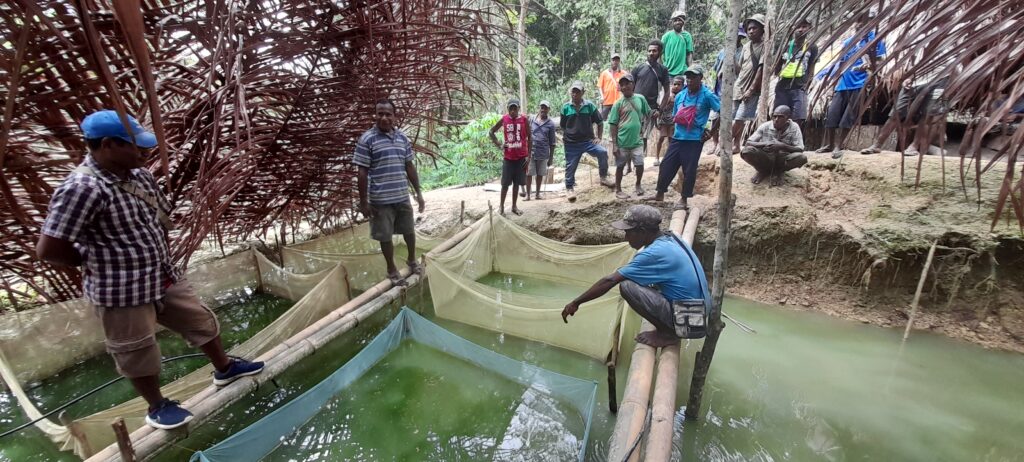
The initiative, which is in partnership with the Provincial Fisheries and Marine Resources Office, focuses on helping inland fish farming households to increase fish production, earn a higher income, and boost food security in inland areas.
FAO Fresh Water Aquaculture Officer, Lapia Renagi, said the tilapia fish has a mild flaky taste and firm meat texture, and that makes it a top consumer choice.
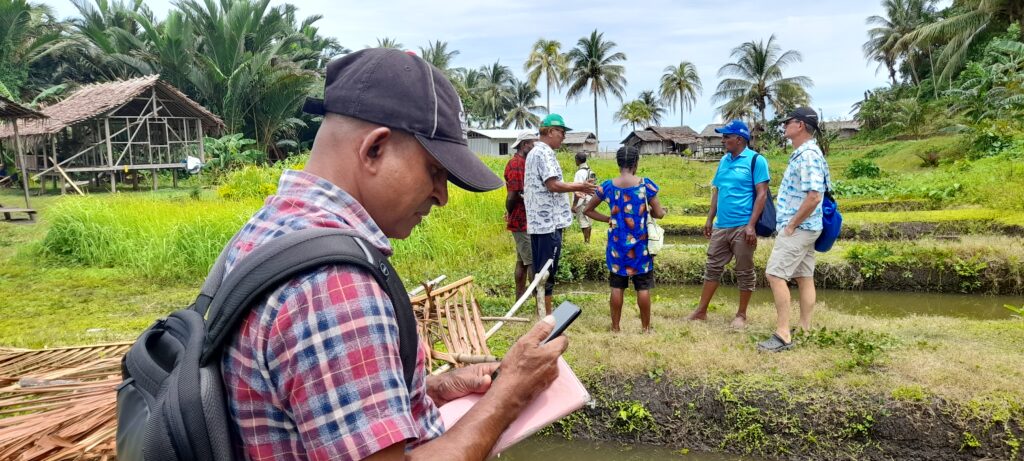
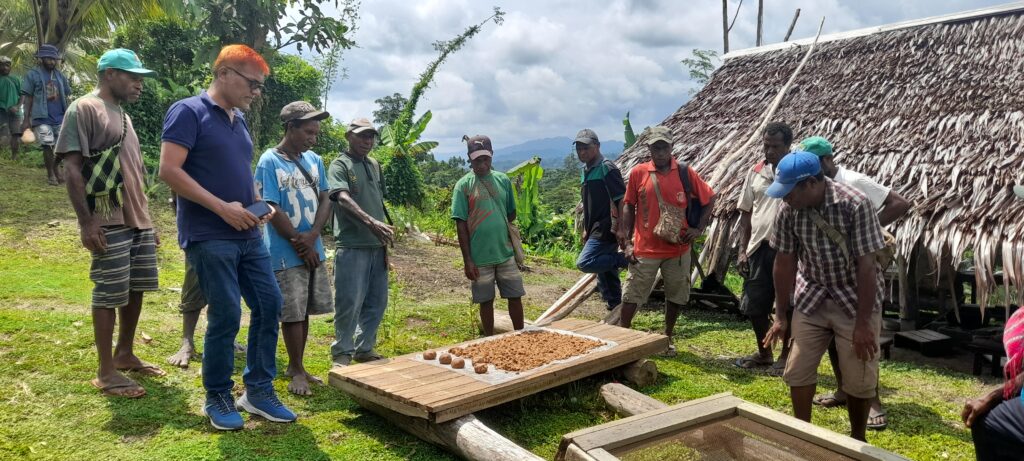
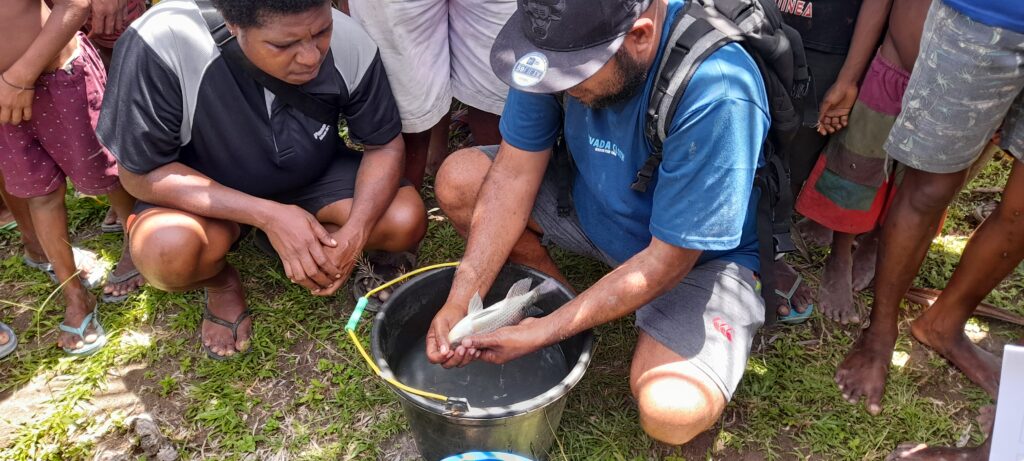
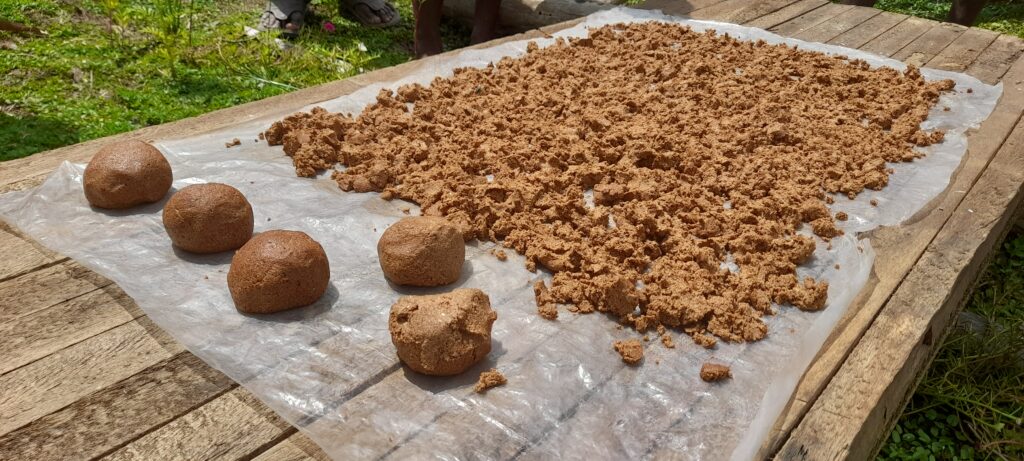
“With a steady growth gradient, Tilapia fish farming is emerging as a potential income stream as wild stock populations are dramatically declining.” said Renagi.
As part of the initiative, households received between 50 to 150 fingerlings, depending on the size and number of their fish ponds. FAO plans to continue its support to West Sepik Province with an additional 20,000 fingerlings.
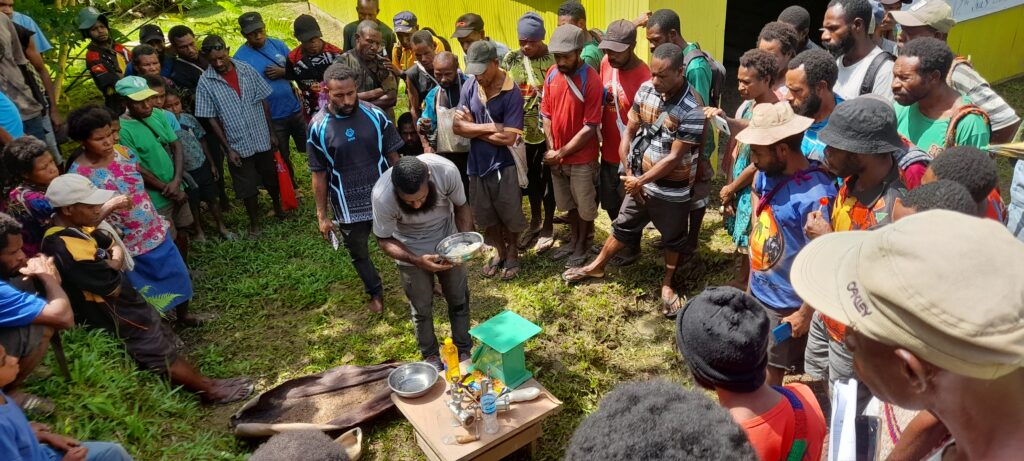
The intervention comes as part of the fisheries value chains upgrading plan in the Sepik region. This plan is based on a study commissioned by the FAO to the PNG National Fisheries Authority (NFA) under EU-STREIT PNG, which identified challenges faced by key actors.
“Inland Fisheries or Fresh Water Aquaculture is the fastest growing industry globally, taking over from capture fishery,” said Mr Mohammed Zakir Hossain, FAO International Fisheries Officer.
“It is an environment-friendly and sustainable activity and an effective option to shifting fishing pressure on natural habitats.”
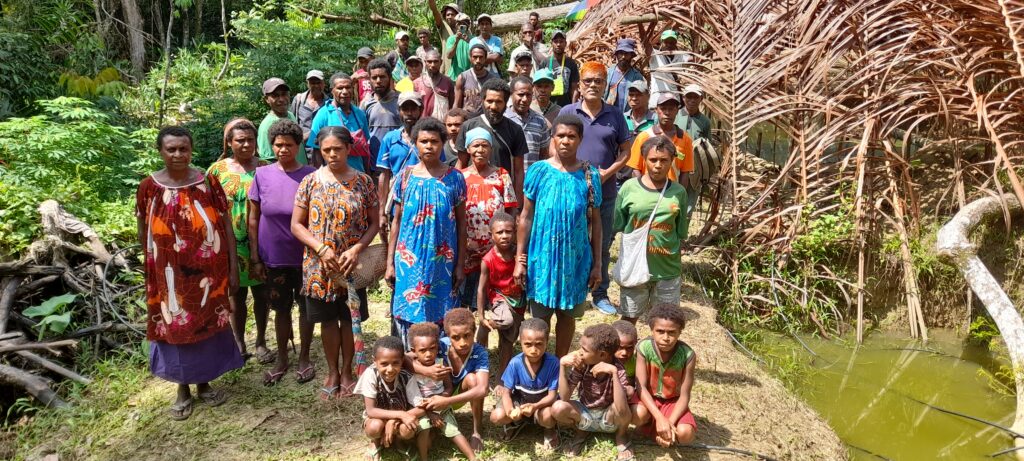
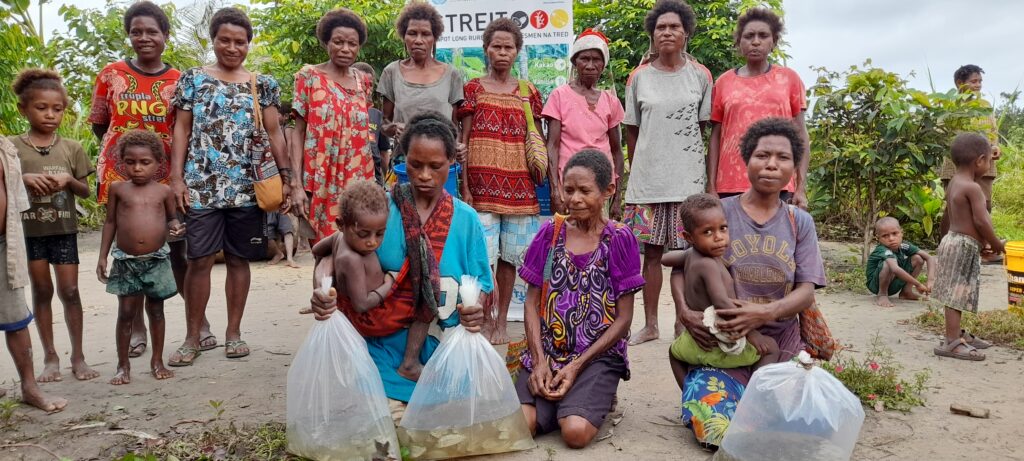
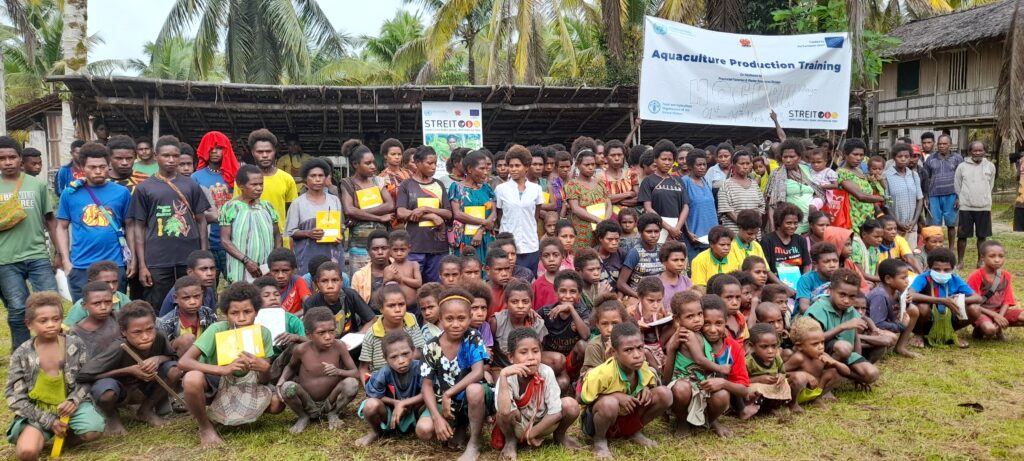
The EU-STREIT PNG Programme, led by FAO, is the largest grant-funded Programme of the European Union in Papua New Guinea. It focuses on increasing sustainable and inclusive economic development of rural areas through enhancing cocoa, vanilla and fisheries value chains and improving the efficiency of value chain enablers. The programme also supports sustainable, climate-resistant transport and energy infrastructure development.
